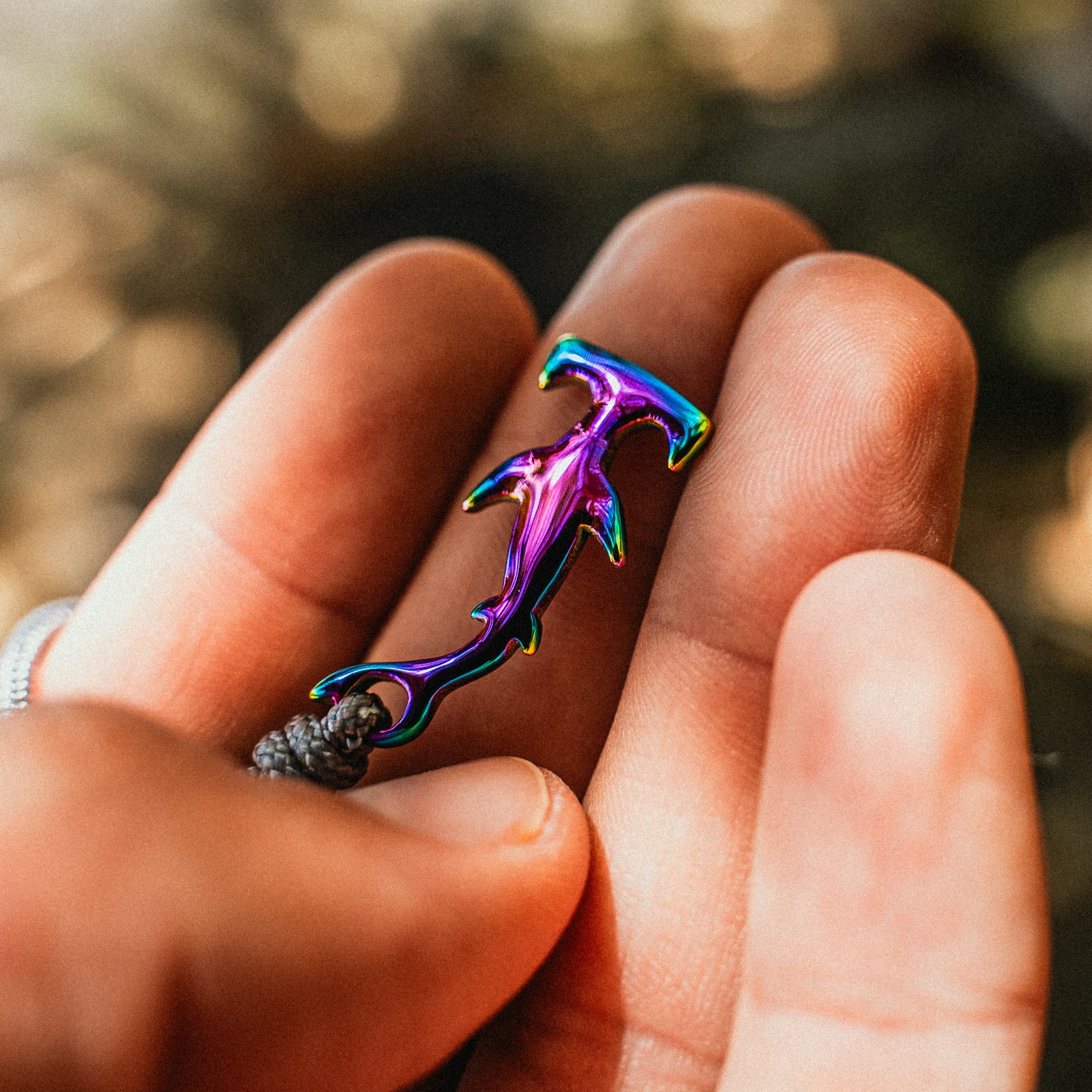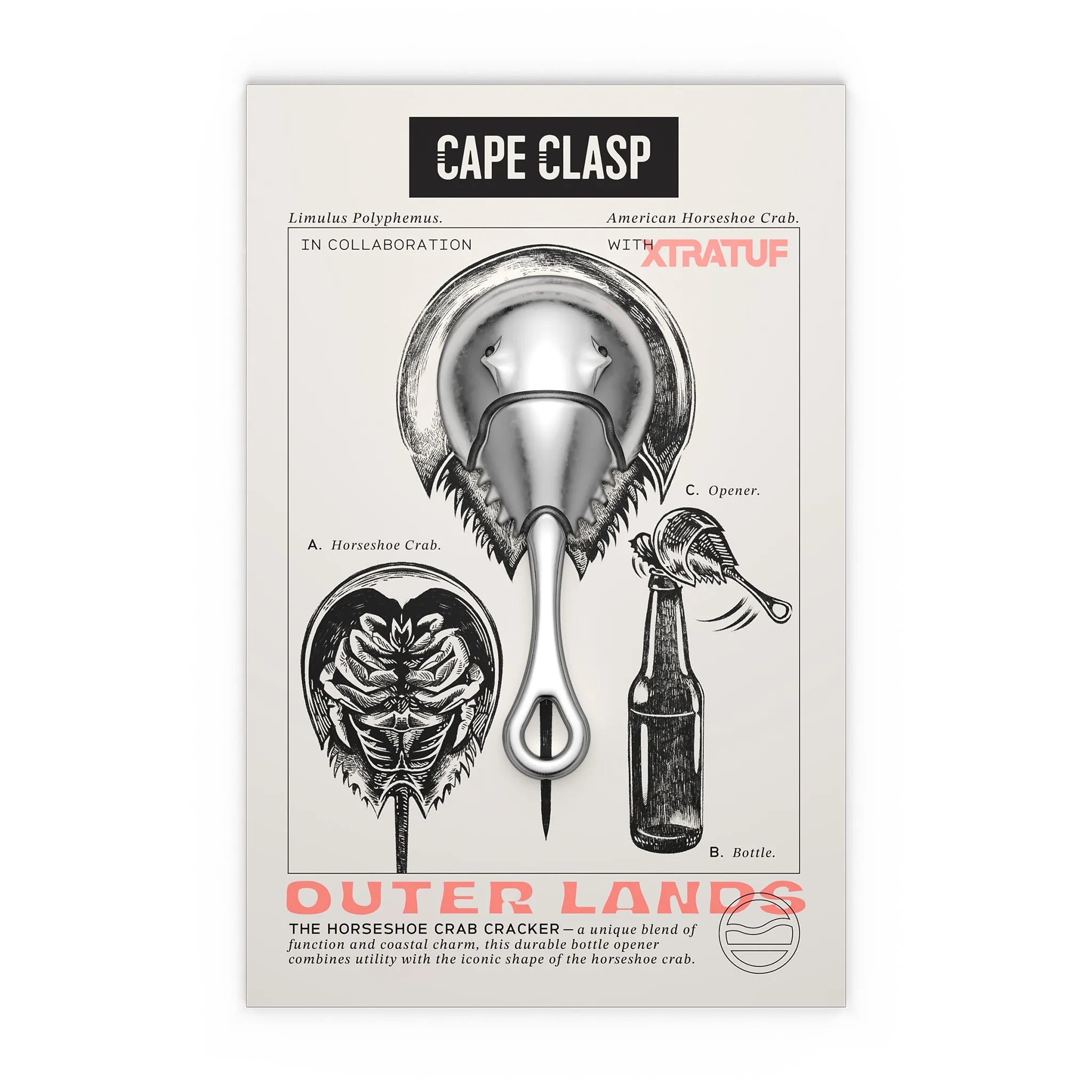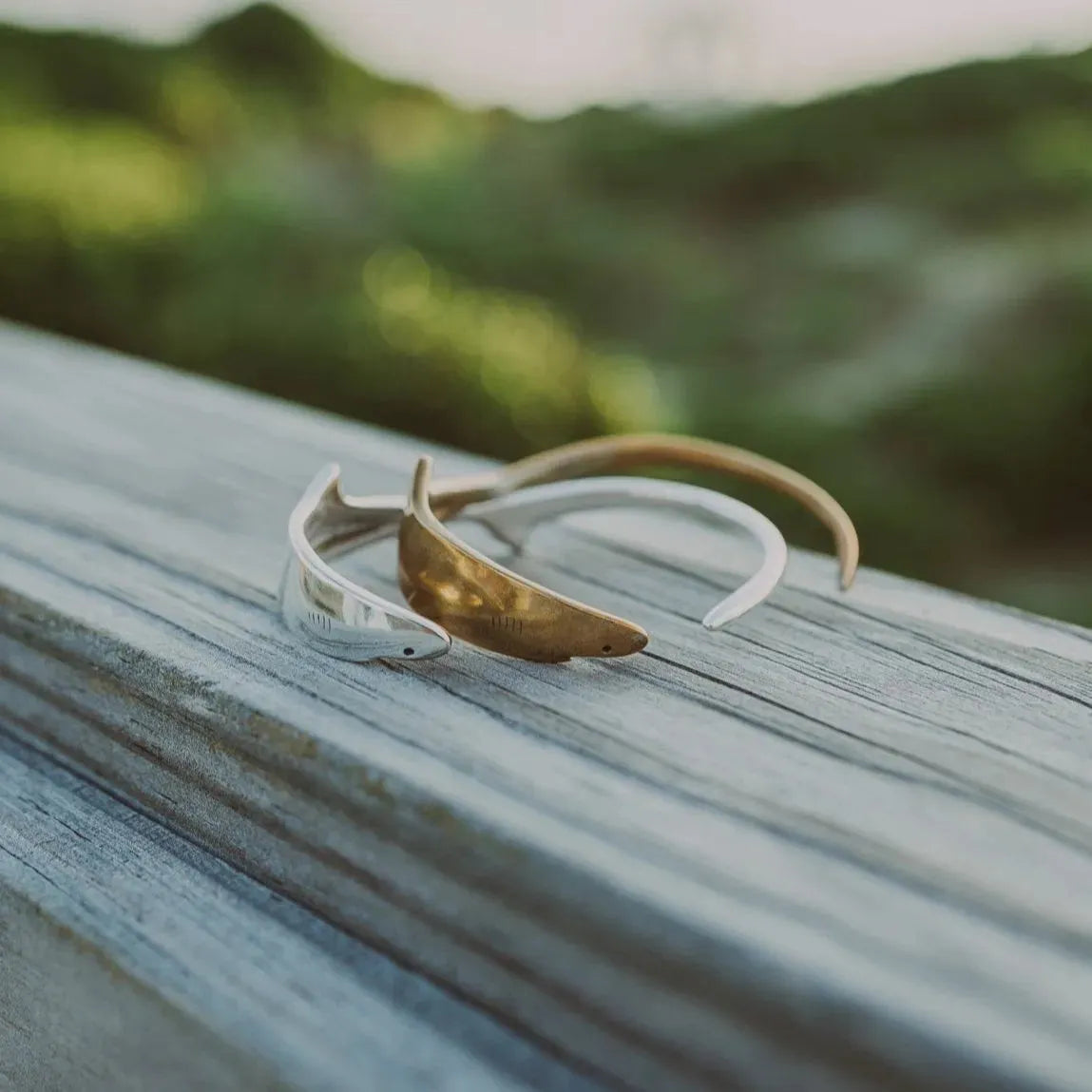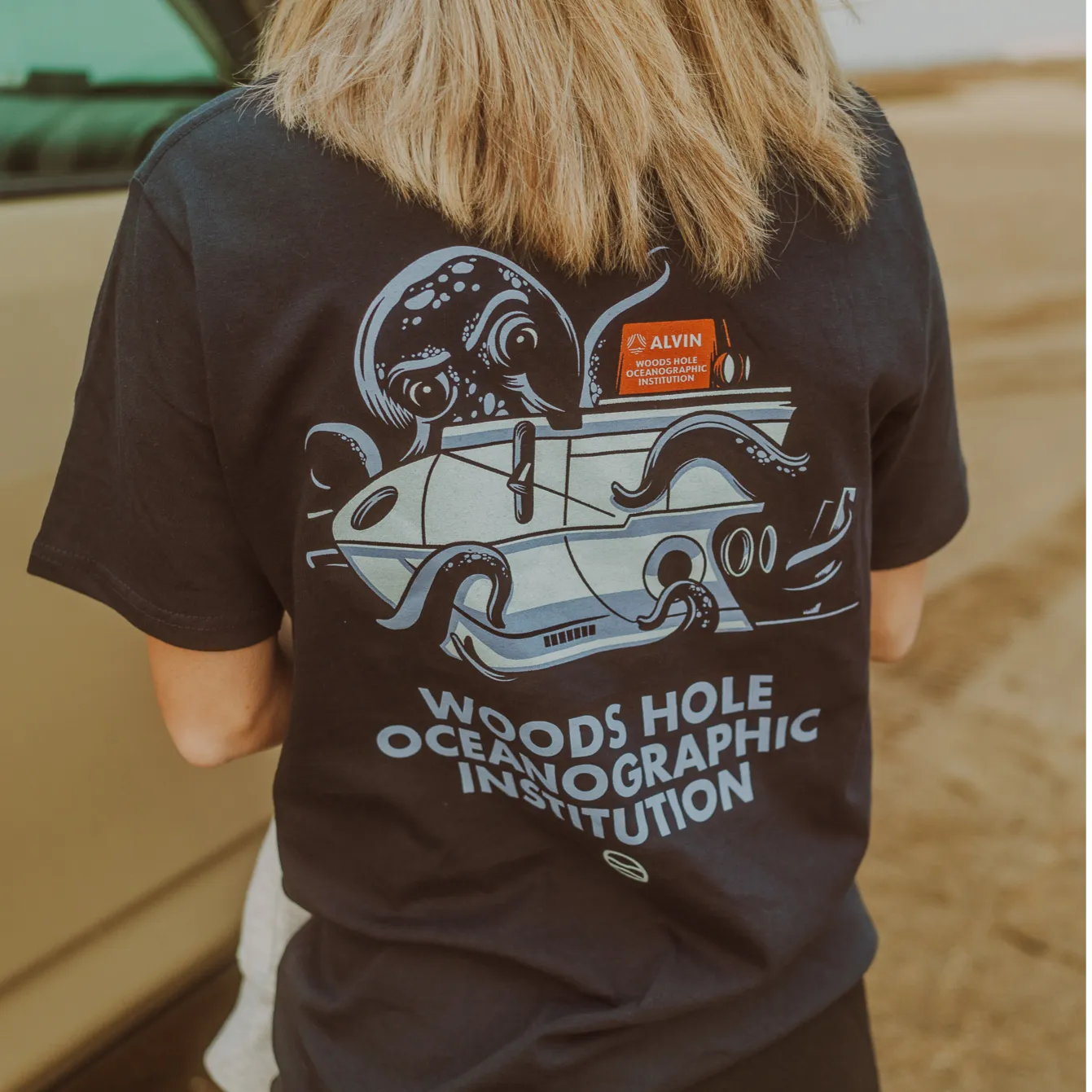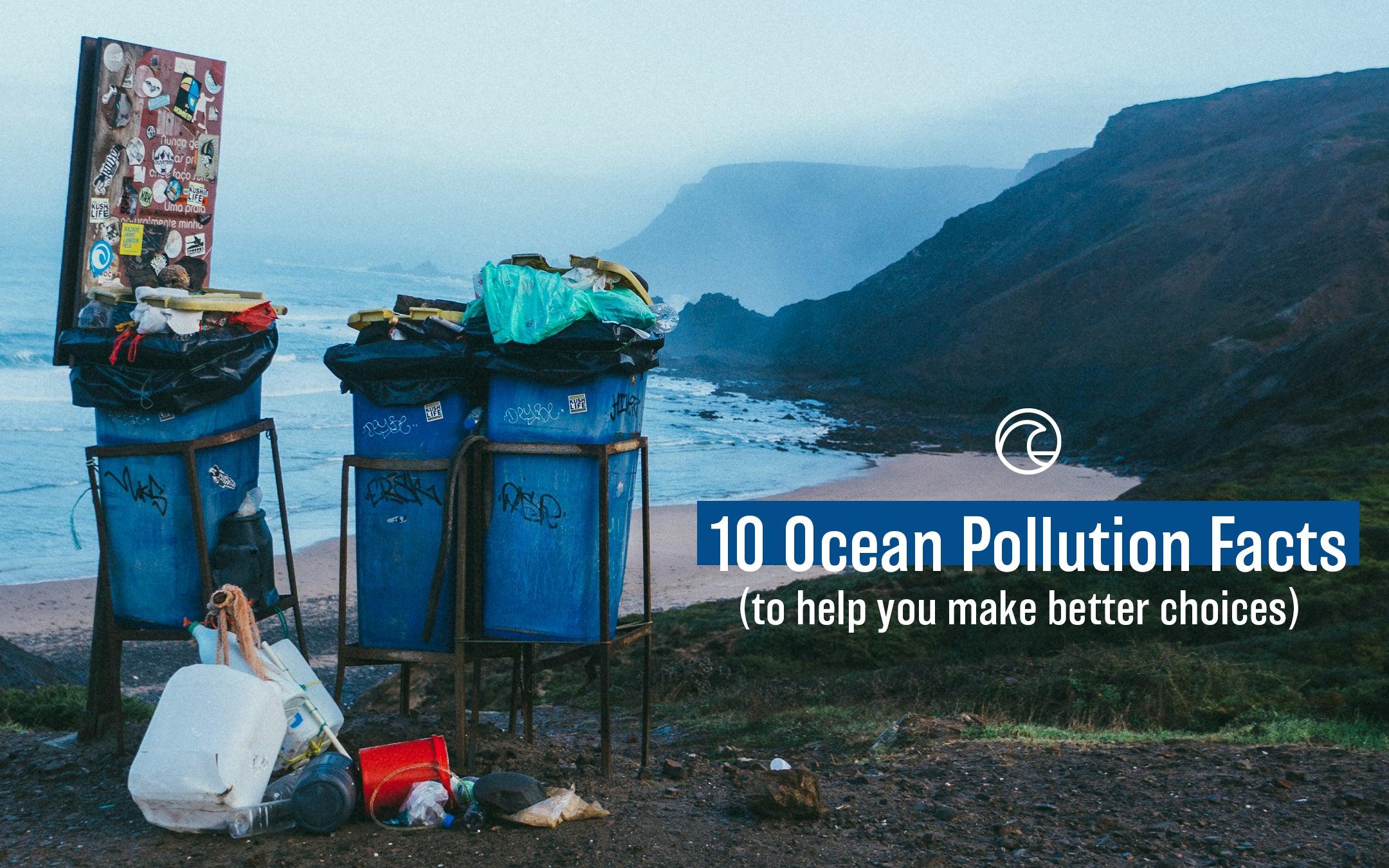
10 OCEAN POLLUTION FACTS TO HELP YOU MAKE BETTER CHOICES
It’s not a big deal, right? A little plastic here, a little there. It’s not going to hurt anyone.
Except it does. Plastic hurts a lot of someones every day, particularly those who live beneath the ocean waves.
What you don’t know can be devastating. Read on to learn 10 surprising ocean pollution facts that will inspire you to make better choices.
1. Plastic Production
Humans have produced an astonishing 8.3 billion metric tons of plastic since the early 1950s.
2. What About Recycling?
Unfortunately, only about 9% of that waste has been recycled. Another 12% was incinerated, but 79% of it ended up in the landfills.
3. Plastic Oceans
In 2015, it was estimated there are about 150 million metric tons of plastic in the ocean. If we continue at the same rate, by 2040 there would be 600 million metric tons.
4. A Growing Problem
And it just keeps getting worse. In 2010, it was estimated that 8 million tons of plastic ended up in the ocean. To understand this, imagine 5 grocery bags of trash for every foot of coastline around the world. By 2025, it is estimated to double to 10 bags.
5. System-Wide Changes Can Help
System-wide changes could reduce plastic leakage by about 82% by 2040. Unfortunately, the cost of this is estimated at about $600 billion. Because of this, getting governments and industries on board with the changes could prove challenging.
6. Land-Based Sources
You might assume that most of the plastic problem can be attributed to ocean-faring industries like the cruise ship, fishing, or shipping industries. That’s easy and comfortable because (unless you belong to these industries) you think you don’t have much of an impact.
However, approximately 80% of trash in the ocean is from land. People litter and it gets washed into the sea, garbage is improperly handled, or people send tiny plastics down the drain (like the microbeads in some exfoliant products).
7. It Doesn’t Go Away
You might also think that while new plastic is being added, the old plastic is degrading. After all, garbage decomposes, right?
Unfortunately, plastic decomposes far too slowly. It has been estimated that plastic takes over 400 years to decompose. That means that (except for incinerated plastics) all plastic ever created still exists and will exist for hundreds of years.
8. Decomposing Isn’t Necessarily Good
As it slowly decomposes over all this time, plastic gives off chemicals that also contaminate the sea. In other words, decomposing plastic isn’t necessarily a good thing. It still has a negative effect on the sea.
9. Dead Zones
Nearly 500 dead zones exist in oceans around the world. Putting them all together they cover an area about the size of the UK. What are these dead zones? They are areas of the ocean where so much trash has accumulated that marine and plant life cannot live.
10. Marine Animal Deaths
On top of that, approximately 100,000 marina mammals each year lose their lives due to pollution.
What Can You Do to Help?
The good news about these ocean pollution facts is that since we are the source of the problem, we can do something about it. You can help by reducing your plastic consumption in little ways.
Join the CC:Wavemakers and take the Pledge of Progress Over Perfection for 2021, where you can choose to make one small change in your daily life that will make a big difference for our planet.
For example:
• Avoid using straws, use reusable grocery bags, and buy from the bulk bins by filling reusable containers.
• When you buy takeout, bring your own containers to pack the food and request that the restaurant doesn’t include plastic silverware.
• You can use a reusable cup for takeout beverages like coffee, smoothies, and bubble tea. At home, you can make your own juice from fruit instead of buying it in plastic bottles.
There are so many little things you can do! It’s just a matter of remembering and making it a part of your daily life.
That’s where we’d love to help! Shop our Tikós Cuffs, made from 100% Recycled Ocean Plastic, they serve as a daily reminder to be conscious of your plastic consumption and to cut down and recycle where you can. Check them out here!




